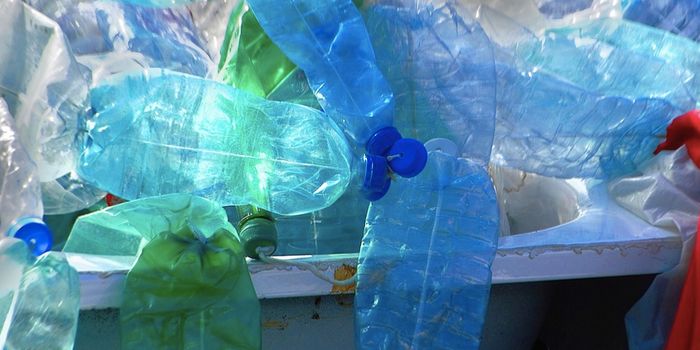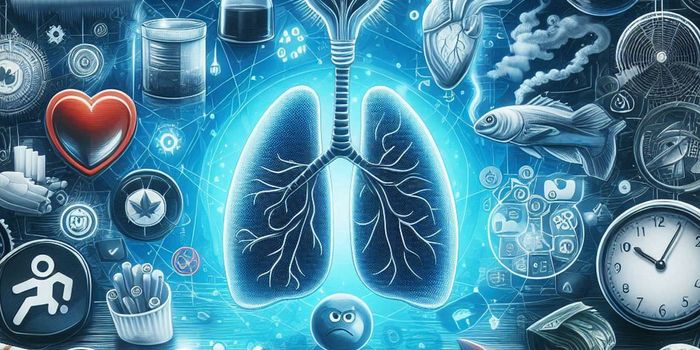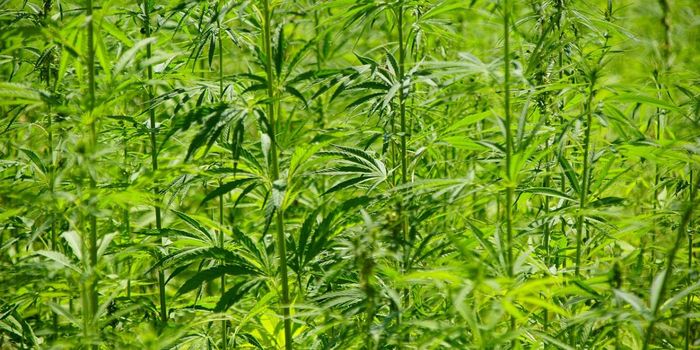Loneliness Offset by Meaningful, Challenging Activities
While ‘having more free time’ is often idolized, it can actually negatively impact health and wellbeing by increasing feelings of loneliness. Engaging in meaningful, challenging activities during this time however can reduce loneliness and increase positive feelings. The corresponding study was published in Leisure Sciences.
Loneliness has increased in recent decades. The COVID-19 pandemic only exacerbated its prevalence. In the current study, researchers explored loneliness among international students at a university in Taiwan. In particular, they investigated how well leisure emotional support- such as talking to people- and leisure instrumental support- such as watching TV- and being in states of flow predicted loneliness.
Altogether, 332 international students participated in the study. They filled in surveys to assess their frequency of leisure emotional support, leisure instrumental support, states of flow, and loneliness. The researchers found that while high levels of emotional support and often being in a state of flow predicted low levels of loneliness, high levels of instrumental support did not.
Although having social contact was important for reducing loneliness, they found that being in flow states was more predictive. Achieving such states happens when engaging in activities that could be considered 'meaningful', and that present certain challenges, such as writing, storytelling, or skiing. On the other hand, while watching TV may pass time, it does not induce flow states as it presents fewer challenges.
"When we enter a state of flow, we become absorbed and focused, and we experience momentary enjoyment," said John Dattilo, professor of recreation, park and tourism management at Penn State, and one of the authors of the study "When we leave a state of flow, we are often surprised by how much time has passed."
The findings, say the researchers, suggest that engaging in meaningful activities with a certain amount of challenge could help reduce feelings of loneliness when social contacts are not available.
"Learning which activities might enable someone to enter a state of flow requires asking questions and listening.” added Dr. Dattilo, "People tend to thrive on healthy engagement and challenge. My collaborators and I hope that this research will help people live fuller, happier, healthier lives."
Sources: Leisure Sciences, Science Daily









